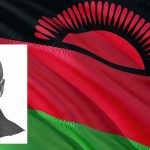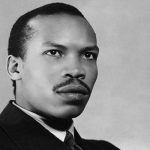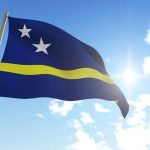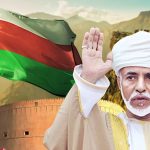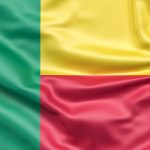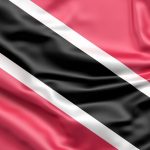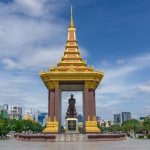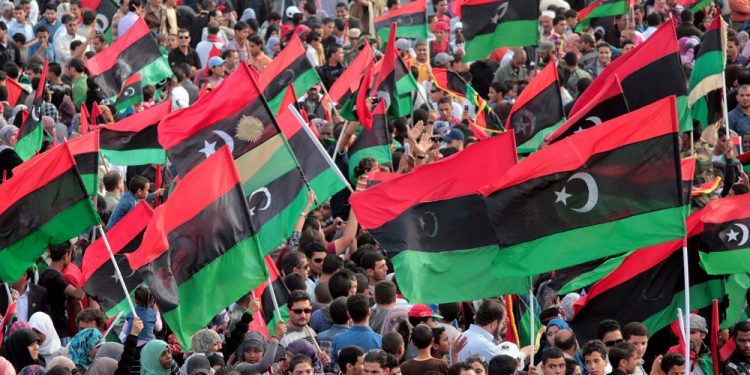
Liberation Day in Libya
Celebrated every October 23rd in Libya, Liberation Day is a public holiday that commemorates the end of the First Libyan Civil War—a war that concluded on October 23rd, 2011. It was Libya’s response to the Arab Spring, a series of anti-government uprisings, protests, and armed rebellions that swept across much of the Arab world beginning in December 2010 and continuing throughout the next year.
This holiday is observed annually as a public holiday and is celebrated by Libyans across the country and around the world. In Libya, it’s a public holiday where people receive the day off, and many businesses, government institutions, and other businesses are closed.
The History of Liberation Day in Libya
On September 1st, 1969, Muammar Gaddafi came to power in Libya after he led a group of military officers in a coup d’état against the King of Libya at the time, King Idris. Although Gaddafi brought stability to the country, he was also a divisive figure. He led an authoritarian regime as a dictator and faced many allegations of corruption and violence from political opponents. He was also looked down upon in the international community as a leader who sponsored anti-West terrorism.
At the end of 2010 and the beginning of 2011, the Arab Spring movement spread across the Arab world, overthrowing leaders in Tunisia and Egypt. Widespread revolts also erupted across Libya. In response to these revolts, Gaddafi tried to suppress them with force, which began to tip the country toward civil war as government forces launched counterattacks against rebels.
In August 2011, the rebels managed to take the capital city of Tripoli, and this is when things turned dire for Gaddafi. He and his forces made a final stand at the Battle of Sirte, but on October 20th, he was captured and subsequently killed. Victory was declared on October 23rd, 2011, even though there were still pockets of resistance in some areas.
Observing Liberation Day in Libya
Although the First Libyan Civil War has ended, there is still a significant amount of unrest in the country. High levels of crime, armed conflicts, and kidnappings persist. This can put a damper on Liberation Day festivities, although some people do take the time to celebrate.
